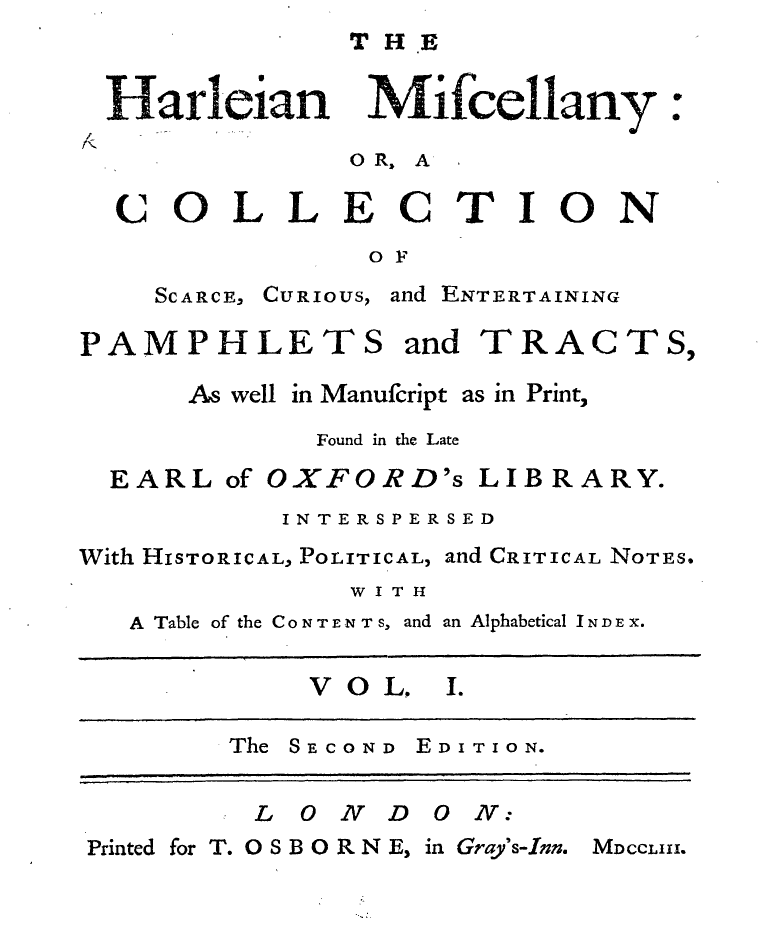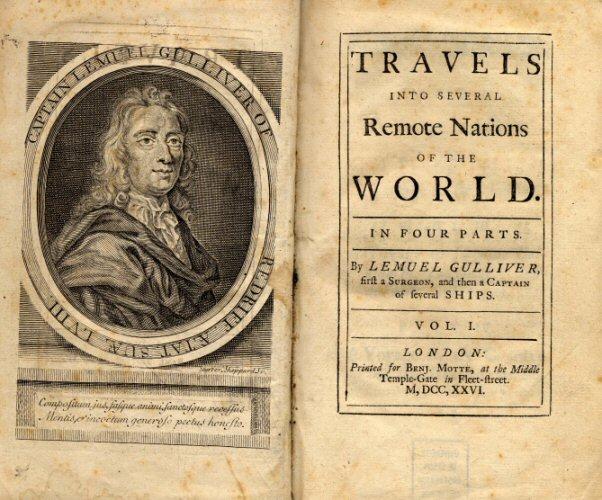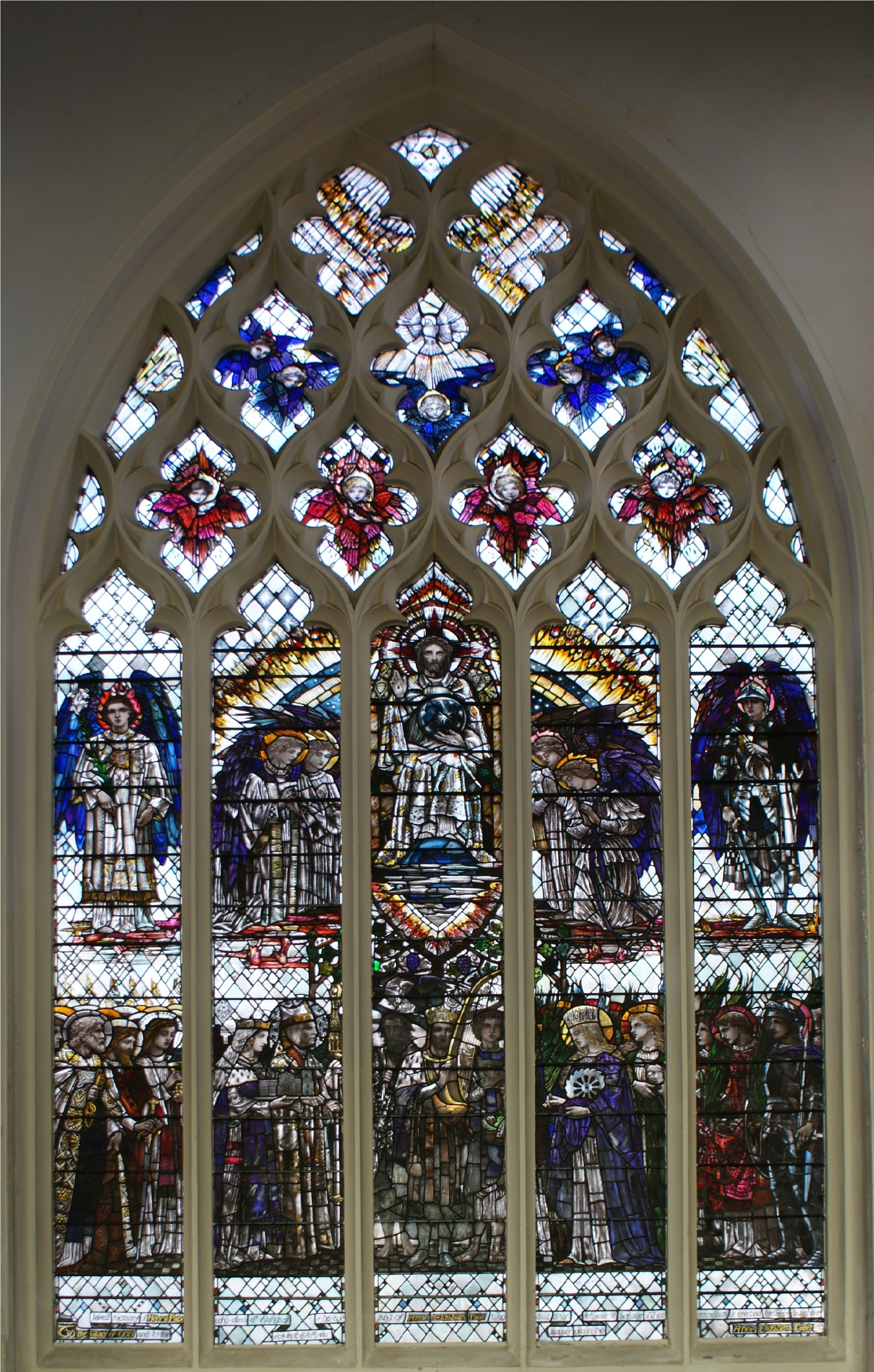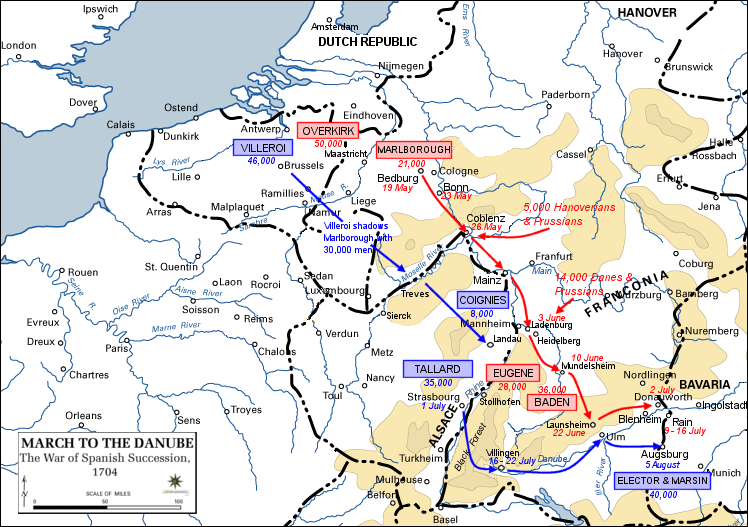|
Thomas Tudway
Thomas Tudway (died 1726) was an English musician and Professor of Music at Cambridge University. He is known as a composer, and for his compilation of a collection of Anglican church music. Life Tudway was born probably before 1650, as he became a choirboy in the Chapel Royal very soon after the Restoration. He is sometimes confused with his father (of the same name) who on 22 April 1664 obtained a tenor's place in the choir of St. George's, Windsor. In 1670 he succeeded Henry Loosemore as organist of King's College, Cambridge, and acted as instructor of the choristers from Christmas 1679 to midsummer 1680. He also became organist at Pembroke College and Great St. Mary's. In 1681 he graduated Mus. Bac., composing as his exercises Psalm 20 in English and Psalm 2 in Latin, both with orchestral accompaniment. After the death in 1700 of Nicholas Staggins, the first professor of music at Cambridge, Tudway was chosen as his successor on 30 January 1705. He then proceeded to the d ... [...More Info...] [...Related Items...] OR: [Wikipedia] [Google] [Baidu] |
Professor Of Music (Cambridge)
The Professorship of Music was founded in 1684, and is one of the oldest professorships at the University of Cambridge. List of Professors of Music * 1684 Nicholas Staggins * 1705 Thomas Tudway * 1730 Maurice Greene * 1755 John Randall * 1799 Charles Hague * 1821 John Clarke Whitfield * 1836 Thomas Attwood Walmisley * 1856 William Sterndale Bennett * 1875 George Alexander Macfarren * 1887 Charles Villiers Stanford * 1924 Charles Wood * 1926–1941 Edward Joseph Dent * 1946 Patrick Arthur Sheldon Hadley * 1962 Robert Thurston Dart * 1965 Robin Orr * 1976 Alexander Goehr Peter Alexander Goehr (; 10 August 1932 – 26 August 2024) was a German-born English composer of contemporary classical music and academic teacher. A long-time professor of music at the University of Cambridge, Goehr influenced many notable c ... * 1999 Roger Parker * 2009 Nicholas Cook * 2017 Katharine Ellis References {{DEFAULTSORT:Music, Professor of, Cambridge, University of Music ... [...More Info...] [...Related Items...] OR: [Wikipedia] [Google] [Baidu] |
Harleian MSS
''The Harleian Miscellany'' is a collection of material from the library of the Earl of Oxford and Earl Mortimer collated and edited by Samuel Johnson and William Oldys between 1744 and 1753 on behalf of the publisher Thomas Osborne. Its subtitle was A Collection of Scarce, Curious, And Entertaining Pamphlets And Tracts, as well In Manuscript As In Print, Found In The Late Earl Of Oxford's Library, Interspersed With Historical, Political, And Critical Notes. Provenance The "late Earl of Oxford" whose library was the source of the texts could refer either to Robert Harley, 1st Earl of Oxford and Earl Mortimer (died 1724), or to his son, Edward Harley, 2nd Earl of Oxford and Earl Mortimer (died 1741). A passage at the beginning of the first volume emphasizes the role of Robert Harley, the first earl, in the creation of the library: There can be no Objection against the Prefixing the reasons for Creating the Right Honorable Robert Harley, Esq., a Peer of Great-Britain, and Earl of ... [...More Info...] [...Related Items...] OR: [Wikipedia] [Google] [Baidu] |
English Organists
English usually refers to: * English language * English people English may also refer to: Culture, language and peoples * ''English'', an adjective for something of, from, or related to England * ''English'', an Amish term for non-Amish, regardless of ethnicity * English studies, the study of English language and literature Media * ''English'' (2013 film), a Malayalam-language film * ''English'' (novel), a Chinese book by Wang Gang ** ''English'' (2018 film), a Chinese adaptation * ''The English'' (TV series), a 2022 Western-genre miniseries * ''English'' (play), a 2022 play by Sanaz Toossi People and fictional characters * English (surname), a list of people and fictional characters * English Fisher (1928–2011), American boxing coach * English Gardner (born 1992), American track and field sprinter * English McConnell (1882–1928), Irish footballer * Aiden English, a ring name of Matthew Rehwoldt (born 1987), American former professional wrestle ... [...More Info...] [...Related Items...] OR: [Wikipedia] [Google] [Baidu] |
1726 Deaths
Events January–March * January 23 – (January 12 Old Style) The Conventicle Act (Sweden), Conventicle Act (''Konventikelplakatet'') is adopted in Sweden, outlawing all non-Lutheran religious meetings outside of church services. * January 26 – The Peace of Vienna (1725), First Treaty of Vienna is signed between Habsburg monarchy, Austria, the Holy Roman Empire and History of Spain (1700-1810), Spain, creating the Austro-Spanish Alliance in advance of a war against Great Britain. * January 27 – On its maiden voyage, the Dutch East India Company frigate Aagtekerke (1724), ''Aagtekerke'' departs from the Dutch Cape Colony on the second leg of its journey to the Dutch East Indies and is never seen again. ''Aagtekerke'' had carried with it a crew of 200 men and was lost somewhere in the Indian Ocean. * February 8 – The Supreme Privy Council is established in Russian Empire, Russia. * February 13 – The Parliament of Negrete (1726), Parliament ... [...More Info...] [...Related Items...] OR: [Wikipedia] [Google] [Baidu] |
Year Of Birth Missing
A year is a unit of time based on how long it takes the Earth to orbit the Sun. In scientific use, the tropical year (approximately 365 solar days, 5 hours, 48 minutes, 45 seconds) and the sidereal year (about 20 minutes longer) are more exact. The modern calendar year, as reckoned according to the Gregorian calendar, approximates the tropical year by using a system of leap years. The term 'year' is also used to indicate other periods of roughly similar duration, such as the lunar year (a roughly 354-day cycle of twelve of the Moon's phasessee lunar calendar), as well as periods loosely associated with the calendar or astronomical year, such as the seasonal year, the fiscal year, the academic year, etc. Due to the Earth's axial tilt, the course of a year sees the passing of the seasons, marked by changes in weather, the hours of daylight, and, consequently, vegetation and soil fertility. In temperate and subpolar regions around the planet, four seasons are ... [...More Info...] [...Related Items...] OR: [Wikipedia] [Google] [Baidu] |
Psalm 100
Psalm 100 is the 100th psalm in the Book of Psalms in the Tanakh. In English, it is translated as "Make a joyful noise unto the Lord, all ye lands" in the King James Version (KJV), and as "O be joyful in the Lord, all ye lands" in the Book of Common Prayer (BCP). Its Hebrew name is and it is subtitled a "Psalm of gratitude confession". In the slightly different numbering system in the Greek Septuagint version of the Bible, and in the Latin Vulgate, this psalm is Psalm 99. In the Vulgate, it begins Jubilate Deo (alternatively: "Iubilate Domino"), or Jubilate, which also became the title of the BCP version. People who have translated the psalm range from Martin Luther to Catherine Parr, and translations have ranged from Parr's elaborate English that doubled many words, through metrical hymn forms, to attempts to render the meaning of the Hebrew as idiomatically as possible in a modern language (of the time). The psalm, being a Psalms#Primary types, hymn psalm, has been paraphrase ... [...More Info...] [...Related Items...] OR: [Wikipedia] [Google] [Baidu] |
Wimpole Hall
Wimpole Estate is a large estate containing Wimpole Hall, a country house located within the civil parish of Wimpole, Cambridgeshire, England, about southwest of Cambridge. The house, begun in 1640, and its of parkland and farmland are owned by the National Trust. The estate is generally open to the public and received over 335,000 visitors in 2019. History Sited close to the great Roman road, Ermine Street, Wimpole was listed in the Domesday Book of 1086. At that time there was a moated manor house set in a small deer-park. Situated to the north and south of this were three medieval villages: Bennall End, Thresham End and Green End. The estate was held by the Chicheley family for over 250 years, beginning in 1428 with Henry Chichele who was Archbishop of Canterbury. The last of this family to hold the house was the politician Thomas Chicheley, who was responsible for the "new" house that was completed in 1650. Chicheley established the "formal gardens and architectural ... [...More Info...] [...Related Items...] OR: [Wikipedia] [Google] [Baidu] |
Edward Harley, 2nd Earl Of Oxford And Earl Mortimer
Edward Harley, 2nd Earl of Oxford and Earl Mortimer (2 June 1689 – 16 June 1741) was an English Tories (British political party), Tory politician and peer who sat in the House of Commons of Great Britain from 1711 to 1724. Early life Edward Harley was born on 2 June 1689. He was the only son of Robert Harley, 1st Earl of Oxford and Earl Mortimer and his first wife Elizabeth Foley. Political career He was MP for Radnor (UK Parliament constituency), Radnor (as his father and paternal grandfather had been before him) from 1711 to 1714, and for Cambridgeshire (UK Parliament constituency), Cambridgeshire from 1722 until he succeeded his father in 1724 and entered the House of Lords. He was a bibliophile, collector and patron of the arts, and took little interest in public affairs. Harley's considerable collection of coins and medals – 520 lots in all – was auctioned by Christopher Cock at his house in the Great Piazza, Covent Garden over six days, from 18 March 1742. He ex ... [...More Info...] [...Related Items...] OR: [Wikipedia] [Google] [Baidu] |
Te Deum
The ( or , ; from its incipit, ) is a Latin Christian hymn traditionally ascribed to a date before AD 500, but perhaps with antecedents that place it much earlier. It is central to the Ambrosian hymnal, which spread throughout the Latin Church with other parts of the Ambrosian Rite of Milan in the 6th to 8th centuries. It is sometimes known as the Ambrosian Hymn, although authorship by Saint Ambrose is unlikely. The term can also refer to a short religious service (of blessing or thanks) that is based upon the hymn. It continues in use in many contexts by several denominations. In particular it is the core of a short church service of thanksgiving held, often at short notice, to celebrate good news such as a military victory, the signing of a peace treaty, or the birth of a royal child. History Authorship of the hymn is traditionally ascribed to Saint Ambrose (died 397) or Saint Augustine (died 430). In 19th-century scholarship, Saint Hilary of Poitiers (died 367) ... [...More Info...] [...Related Items...] OR: [Wikipedia] [Google] [Baidu] |
Battle Of Blenheim
The Battle of Blenheim (; ; ) fought on , was a major battle of the War of the Spanish Succession. The overwhelming Allied victory ensured the safety of Vienna from the Franco-Bavarian army, thus preventing the collapse of the reconstituted Grand Alliance. Louis XIV of France sought to knock the Holy Roman Emperor, Leopold, out of the war by seizing Vienna, the Habsburg capital, and gain a favourable peace settlement. The dangers to Vienna were considerable: Maximilian II Emanuel, Elector of Bavaria, and Marshal Ferdinand de Marsin's forces in Bavaria threatened from the west, and Marshal Louis Joseph de Bourbon, duc de Vendôme's large army in northern Italy posed a serious danger with a potential offensive through the Brenner Pass. Vienna was also under pressure from Rákóczi's Hungarian revolt from its eastern approaches. Realising the danger, the Duke of Marlborough resolved to alleviate the peril to Vienna by marching his forces south from Bedburg to help maintain ... [...More Info...] [...Related Items...] OR: [Wikipedia] [Google] [Baidu] |
St George's Chapel, Windsor
St George's Chapel, formally titled The King's Free Chapel of the College of St George, Windsor Castle, at Windsor Castle in England is a castle chapel built in the late-medieval Perpendicular Gothic style. It is a Royal Peculiar (a church under the direct jurisdiction of the monarch), and the Chapel of the Order of the Garter. St George's Chapel was founded in the 14th century by King Edward III and extensively enlarged in the late 15th century. It is located in the Lower Ward of the castle. The castle has belonged to the monarchy for almost 1,000 years. The chapel has been the scene of many royal services, weddings and burials – in the 19th century, St George's Chapel and the nearby Frogmore Gardens superseded Westminster Abbey as the chosen burial place for the British royal family. The running of the chapel is the responsibility of the dean and Canons of Windsor who make up the College of Saint George. They are assisted by a clerk, verger and other staff. The Societ ... [...More Info...] [...Related Items...] OR: [Wikipedia] [Google] [Baidu] |








